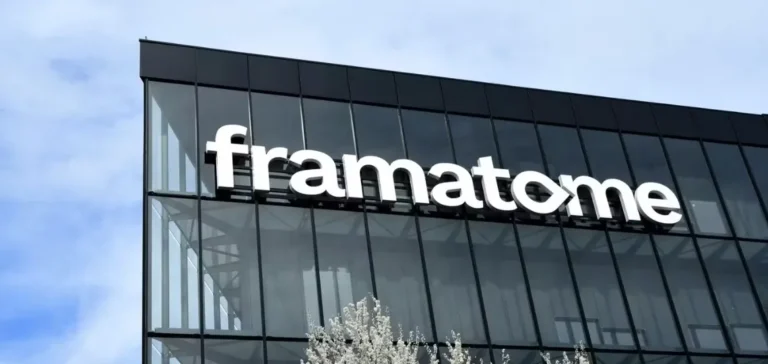French group Framatome, specialised in equipment and services for the nuclear industry, has inaugurated a new facility in Navi Mumbai, India. This initiative strengthens its presence in a country aiming to reach 100 GW of installed nuclear capacity by 2047, up from around 9 GW currently. The opening ceremony was attended by French officials and executives from Électricité de France (EDF), a long-time partner of Framatome.
A strategic position in an expanding market
Framatome is already active in India through its subsidiaries Jeumont Electric and Corys. With this new facility, the company confirms its intention to support India’s nuclear ambitions for low-carbon electricity production. The country currently operates 25 reactors and has around 13 GW of projects under construction, with plans to triple installed capacity in the coming years.
This new base will allow Framatome to deliver local engineering services in multiple disciplines, including mechanics, electrical systems and instrumentation and control. The group aims to participate in the modernisation of existing facilities and the construction of new reactors, including small modular reactors (SMRs), a growing segment in several countries.
Strengthening local capabilities and long-term support
Framatome also plans to expand its local workforce by hiring qualified professionals to support both local and international projects. This strategy reflects an operational proximity approach and reduced execution times, while leveraging India’s engineering talent pool.
The company aims to collaborate with public and private nuclear sector partners in India to bring its expertise in life extension of nuclear plants and equipment reliability. It operates in coordination with the EDF Group, already involved in several nuclear initiatives in the country.
A promising market for international players
Nuclear power currently accounts for around 3 % of India’s electricity production, but ongoing projects indicate a potential acceleration in development. The Indian government, as part of its long-term energy strategy, is relying on this technology to diversify its energy mix and meet growing demand.
With this new base in Navi Mumbai, Framatome is positioning itself to capture a growing share of the market. The stated objective is to be involved in all phases of the nuclear cycle, from engineering to long-term plant operation.






















